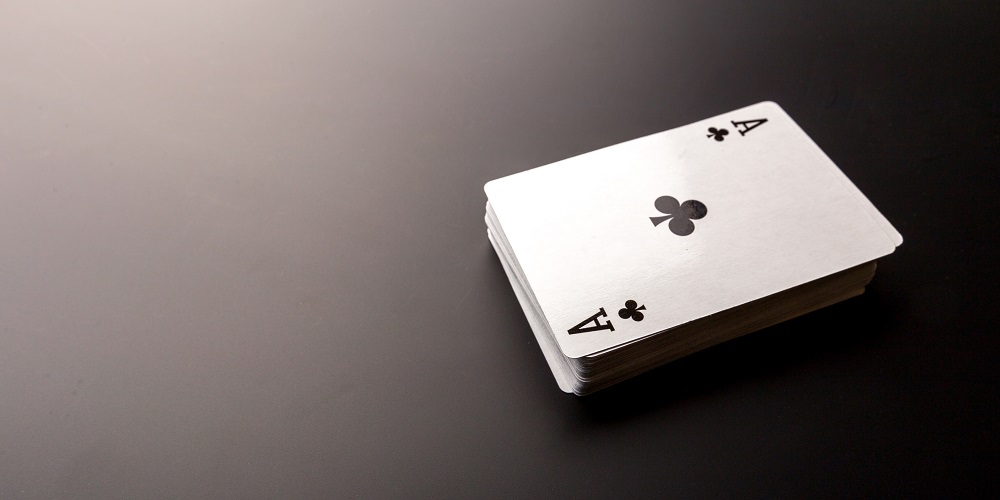

How to Detect Bluffs in Poker and Use Them to Your Advantage

How to Detect Bluffs in Poker and Use Them to Your Advantage
Bluffing in poker is one of the most powerful and risky weapons in the game. It’s not just about deceiving opponents, but also knowing when and against whom to do it. However, the flip side of bluffing is identifying when an opponent is trying to bluff you and using that information to win big pots.
In this article, we’ll explain how to detect a bluff in poker, what signs to look for, and how to punish players who try to deceive you.
What Is a Bluff in Poker?
A bluff in poker occurs when a player bets aggressively with a weak hand to force their opponents to fold. It’s a strategy that can be extremely effective, but also dangerous if used incorrectly.
Classic Bluff Example:
Great poker players not only know how to bluff effectively, but also when their opponents are attempting to do the same.
How to Detect a Bluff in Poker
Guessing whether an opponent is bluffing might seem difficult, but there are key signs that can help you identify it.
✅ 1. Disproportionate Bet Size
A player who has not bet much before suddenly overbets the river may be trying to force a fold.
If their bet is too large relative to the pot, they might be compensating for a weak hand with excessive aggression.
✅ 2. Inconsistent Hand Story
- If a player represents a strong hand, but their betting history doesn’t make sense, they are likely bluffing.Example:
A player just calls on the flop and turn, but suddenly makes a big river bet, despite no card improving their supposed range.
✅ 3. Decision Timing
An inexperienced bluffer often takes longer to decide on a bet because they need to construct a believable story.
On the other hand, some bluffers bet quickly on the river to appear confident when they actually have nothing.
✅ 4. Opponent's Playing Style
If a player has been bluffing frequently, they are likely to continue doing so.
A tight player who suddenly becomes aggressive may be attempting a bluff out of desperation.
The more you observe your opponents, the easier it will be to recognize when they are bluffing.
When to Avoid a Hero Call Against a Possible Bluff
Detecting bluffs is a great advantage, but that doesn’t mean you should always call.
❌ If your opponent is a passive player – If a player rarely bets big, and suddenly makes a huge bet, they probably have a legitimate hand.
❌ If the pot is too big to risk – In a tournament, don’t put your stack in danger unless you are absolutely sure.
❌ If you have no information on the opponent – If you haven’t seen them bluff before, calling could be risky.
Making a hero call against a player who never bluffs can cost you a lot of chips.
Strategies to Exploit Opponents Who Bluff Too Much
If you identify a player who bluffs frequently, you can take advantage of them in several ways:
✔️ Let them take the initiative – If you have a decent hand, let them keep betting until they run out of options.
✔️ Bet to induce a bluff – You can make a small bet on the turn, encouraging your opponent to raise with a weak hand.
✔️ Check-call on the river – If you believe your opponent is bluffing, instead of raising, just call to keep them bluffing in future hands.
Poker is a game of information. If you spot a frequent bluffer, make sure to use it to your advantage.
Have you ever caught an opponent bluffing in an important hand?
You may also like

Could Betting on Election Results Be Banned in the U.S.?
Could Betting on Election Results Be Banned in the U.S.?The rising popularity of betting on elections has sparked a heated debate in the United States. During the 2024 presidential election, a reco...
Pokertracker: all about one of the best online poker softwares
The use of software tools is becoming more and more common in poker. They are an invaluable aid when analyzing data, studying post-game play and identifying the play of your opponents.By itself, Po...

What is a bubble in a poker game?
If you usually play poker tournaments, you have probably heard of the dreaded "bubble". Nobody refers to it in a positive sense, and in poker, the bubble is the main enemy of the players. We tell y...













